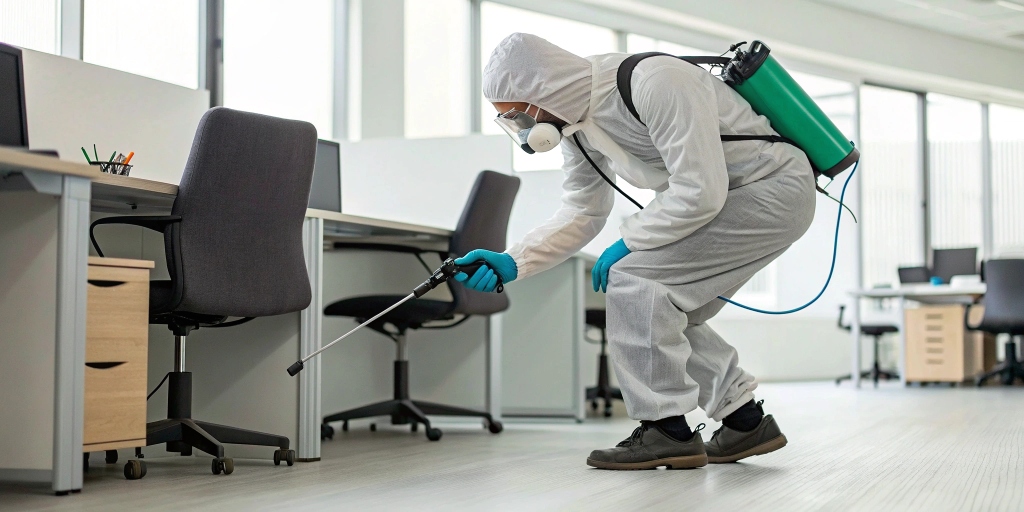Effective Techniques for Commercial Pest Management

In the world of commercial environments, pest management is a critical aspect that often determines the success or failure of a business operation. From hotels and restaurants to warehouses and office buildings, each type of business is susceptible to pest infestations that can damage property, tarnish reputations, and lead to significant financial losses. Understanding and implementing effective pest management techniques is not only essential for compliance with health regulations but also for maintaining a safe and welcoming environment for customers and employees alike.
Understanding the Importance of Pest Management
Commercial pest management is more than just eliminating visible pests. It involves a comprehensive plan that incorporates prevention, monitoring, and control strategies tailored specifically for each business type. Pests such as rodents, cockroaches, ants, and termites can cause structural damage, contaminate food supplies, and spread diseases. This necessitates a robust strategy to prevent infestations before they become unmanageable.
Integrated Pest Management (IPM)
One of the most effective approaches in commercial pest management is Integrated Pest Management (IPM). IPM is an environmentally friendly strategy that focuses on long-term prevention and control of pest populations. It combines a variety of management techniques and practices such as:
- Inspection: Regular inspection is the cornerstone of any successful IPM program. Identifying potential pest entry points, breeding grounds, and food sources helps in formulating a targeted plan.
- Sanitation: Maintaining a clean environment is crucial in reducing attractants such as food debris and waste that can draw pests.
- Exclusion: Sealing cracks, crevices, and other entry points prevents pests from gaining access to the property.
- Biological Control: Using natural predators or biopesticides can effectively control pest populations without harmful chemicals.
- Chemical Control: When necessary, the judicious use of pesticides can be part of an IPM plan, but it should be used as a last resort to minimize environmental impact.
Technological Advances in Pest Management
The pest management industry has seen significant advancements in technology that have improved the effectiveness of pest control measures. Innovations such as smart traps, digital monitoring systems, and data analytics allow for real-time tracking of pest activity, enabling more proactive and precise interventions. These technologies not only enhance efficiency but also provide valuable insights that help in refining pest management strategies.
Training and Education
Proper training and education of staff members play a vital role in effective pest management. Employees should be educated about identifying signs of pest activity, understanding the significance of sanitation, and adhering to waste management protocols. Engaging a professional pest management service can also provide specialized training and regular updates on the latest pest control techniques and regulations.
Partnering with Professional Pest Control Services
While many businesses can handle minor pest issues independently, partnering with professional pest control services can offer a higher level of expertise and resources. Services like Huntsville pest control provide tailored solutions that not only address current pest problems but also prevent future infestations. These professionals bring in-depth knowledge of pest behavior, advanced technology, and a comprehensive approach that ensures a pest-free environment.
Conclusion
Effective commercial pest management is a multifaceted process that requires a combination of prevention, monitoring, control, and continuous improvement. By embracing an integrated approach, utilizing technological advancements, and collaborating with professional services, businesses can safeguard their reputation, ensure compliance, and provide a healthy environment for all stakeholders. Investing in robust pest management strategies is not just a necessity but a wise business decision that pays dividends in the long run.
